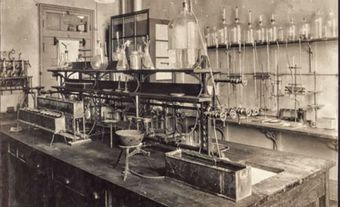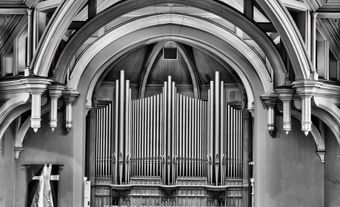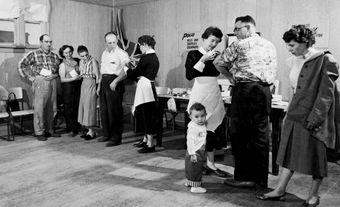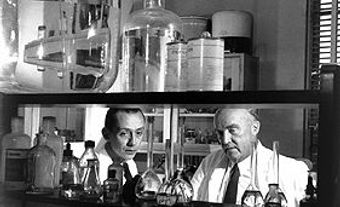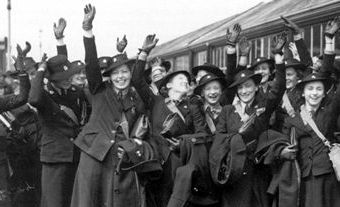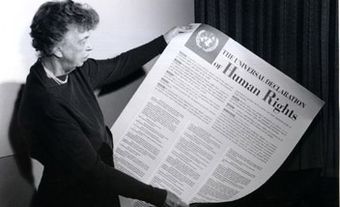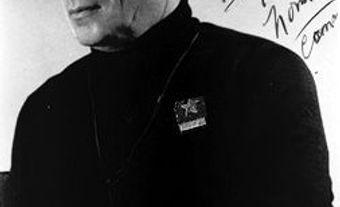Robert Baird McClure, CM, OOnt, medical missionary, moderator United Church of Canada (born 23 November 1900 in Portland, OR; died 10 November 1991 in Toronto, ON). As a medical missionary, McClure provided medical care and services in numerous countries, including China, Egypt and India. He was elected a lay moderator of the United Church of Canada in 1968. McClure received numerous honours and awards in recognition of his services.
Early Life
Robert Baird McClure was the son of missionaries in China. His father, Dr. William McClure, was a medical missionary with the Canadian Presbyterian Mission. (See also Presbyterian and Reformed Churches in Canada.) During the Boxer Rebellion, McClure’s mother and siblings travelled to the United States where he was born. The family reunited in China, where McClure grew up and learned Mandarin and English.
McClure graduated from the University of Toronto in 1922 with a degree in medicine (see Medical Education). Following graduation, he completed a year of surgical training.
Missionary Work
Robert Baird McClure went to Henan [Honan], China, in 1923, serving as surgeon and medical educator and helping to establish the Hwaiking rural medical system. When war broke out between Japan and China in 1937, he became field director for the International Red Cross in central China (see Red Cross Society). From 1941 to 1946, he led the Friends Ambulance Unit in China, providing supplies, medical treatment, public health services and mobile surgery to the war-ravaged country. (See also Second World War.)
With the end of foreign missions in China, McClure provided medical service to the Palestinian refugees in Gaza 1950-54 and superintended the Ratlam hospital in India 1954-67. As always, he combined his surgery with public health and training for local medical personnel. He returned to Toronto in 1968 and served as the first lay moderator of the United Church of Canada from 1968 to 1971.
Later Life
He spent his retirement practising medicine in Borneo, rural Peru, the Caribbean, Zaire (now known as the Democratic Republic of Congo) and British Columbia, Canada. In his eighties, he continued his fight for the welfare of humanity. His strong will, independence and quick temper exasperated generations of friends as well as critics; yet his heroic self-sacrifice on behalf of the distressed around the world made him one of the true humanitarians of the 20th century.
Honours and Awards
- Companion, Order of Canada (1971)
- Man of the Year Peace Award, Lester B. Pearson Peace Park (1985)
- Member, Order of Ontario (1990)

 Share on Facebook
Share on Facebook Share on X
Share on X Share by Email
Share by Email Share on Google Classroom
Share on Google Classroom
